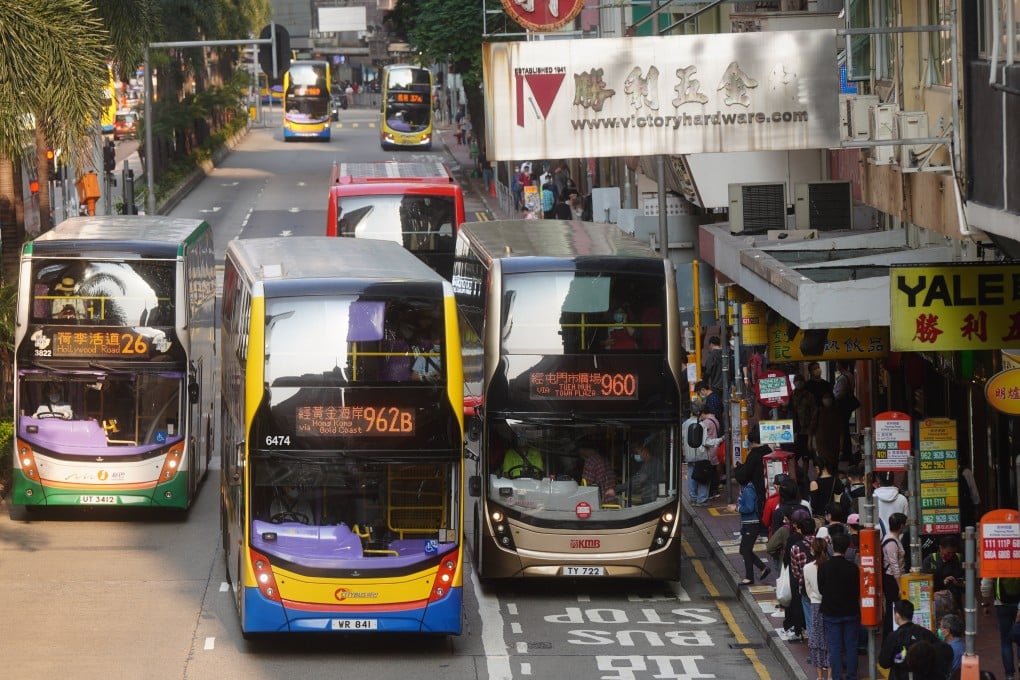Letters | Like Shanghai, Hong Kong can create a circular economy for biodiesel
- Hong Kong is phasing in electric cars to achieve carbon neutrality by 2050. But it should also look into decarbonising public transport by using biodiesel produced from waste oil, like Shanghai

Hong Kong must reduce transport-related carbon emissions rapidly as they account for 18 per cent of the city’s total carbon dioxide emissions. Unfortunately, as electric vehicle technology is not yet mature enough for commercial vehicles to be fully replaced, Hong Kong urgently needs an alternative means of decarbonising these polluting vehicles.
Biodiesel from waste oil could be a viable solution, contributing to a circular approach to resource use. In contrast to conventional diesel, a B10 blend, with 10 per cent biodiesel, would reduce carbon dioxide emissions by 7 to 10 per cent immediately.
While there are existing local suppliers of biodiesel in Hong Kong, demand for the fuel is currently low. Most locally-produced biodiesel is exported and only three gas stations provide B10 biodiesel.
There is much the Hong Kong government can do to correct our reliance on imported diesel while exporting 90 per cent of locally generated biodiesel. For example, although the price of biodiesel is higher than that of imported diesel, the government might work with bus operators and allocate the Franchised Bus Toll Exemption Fund to the entire cost of adopting B10.
